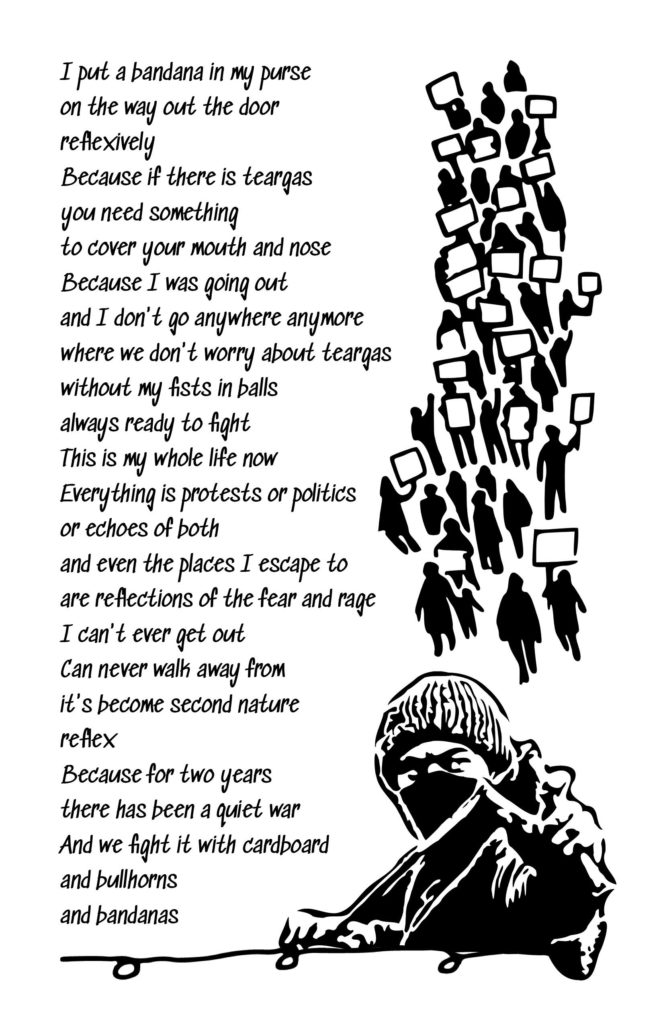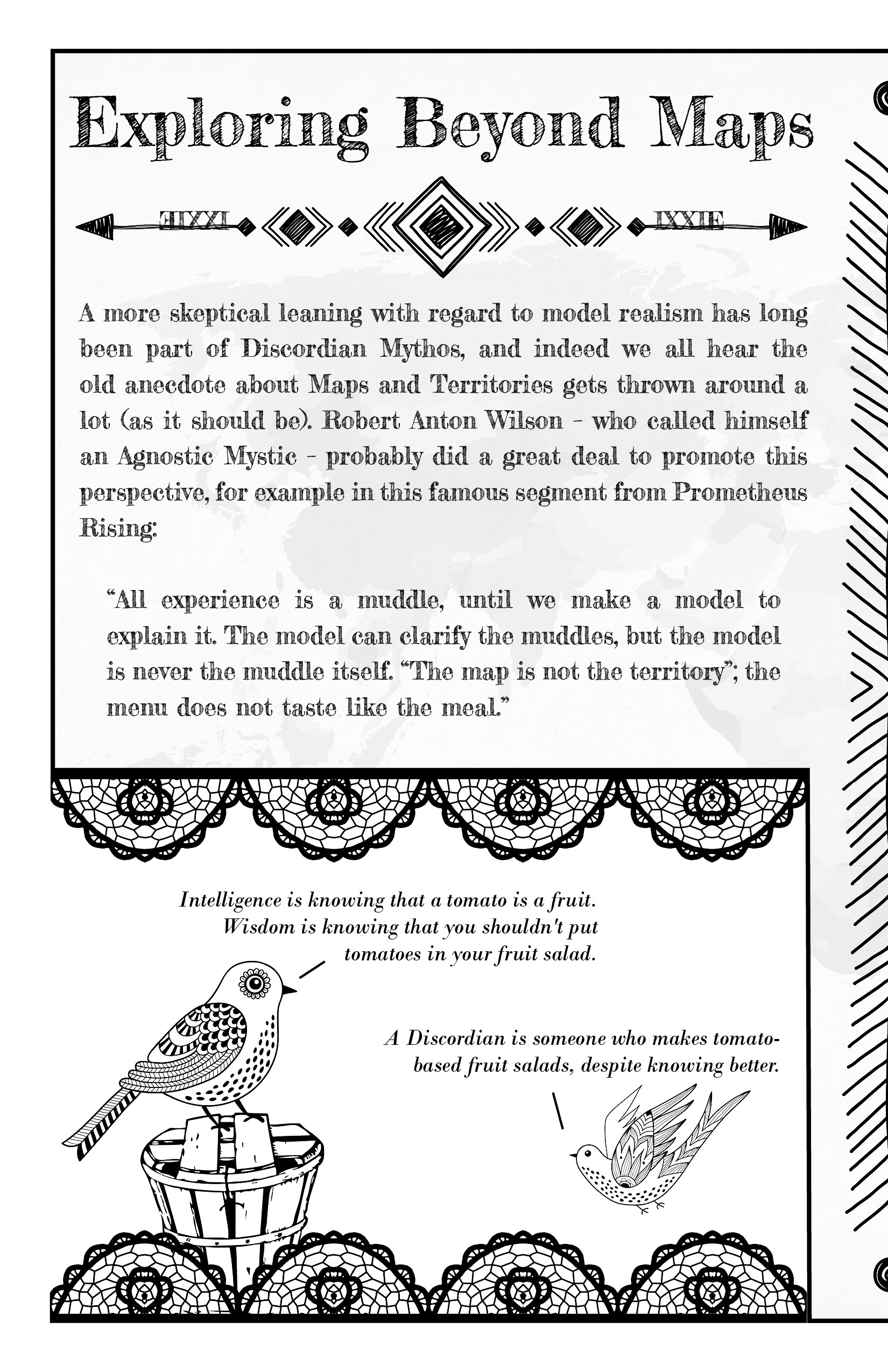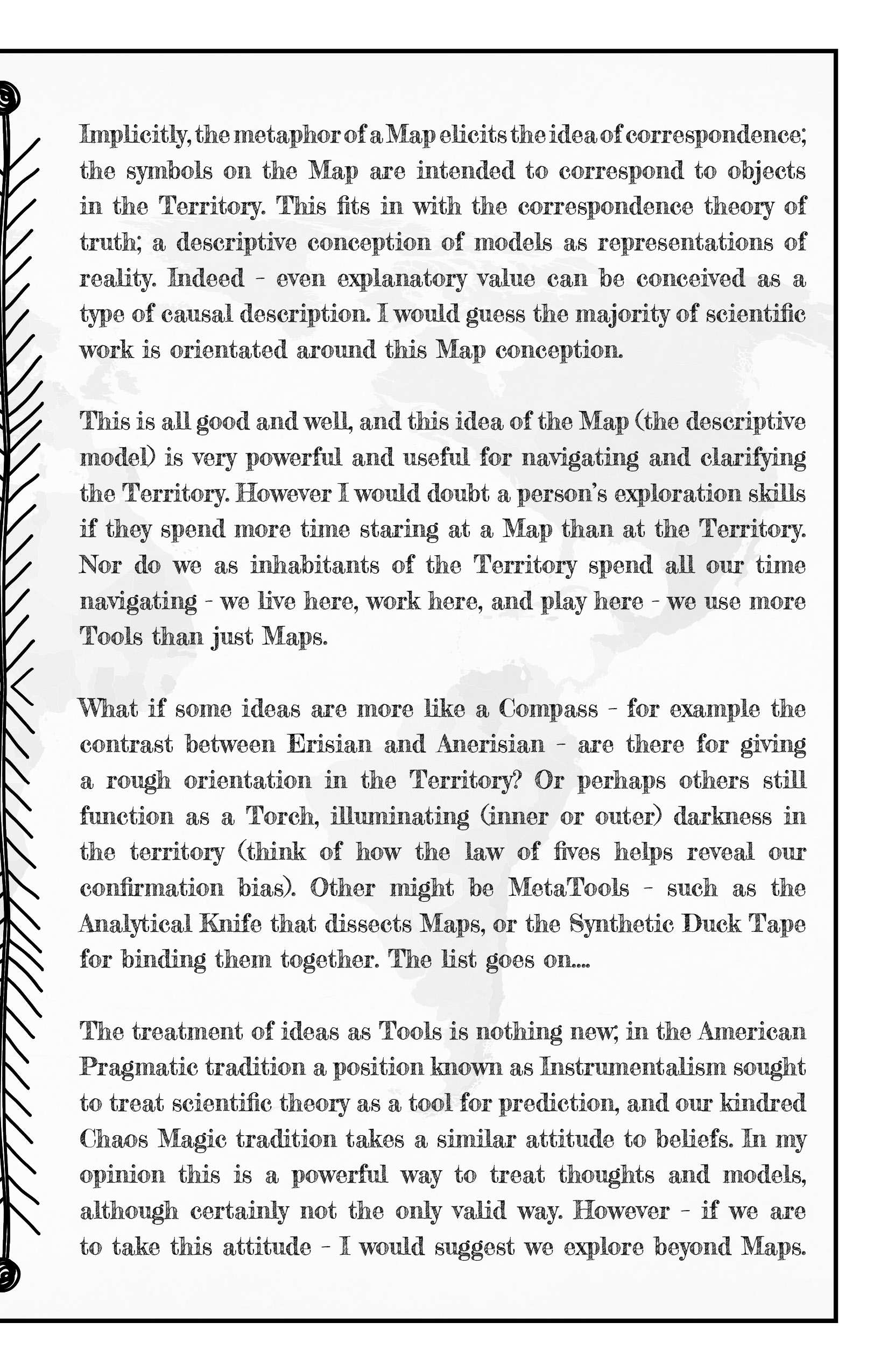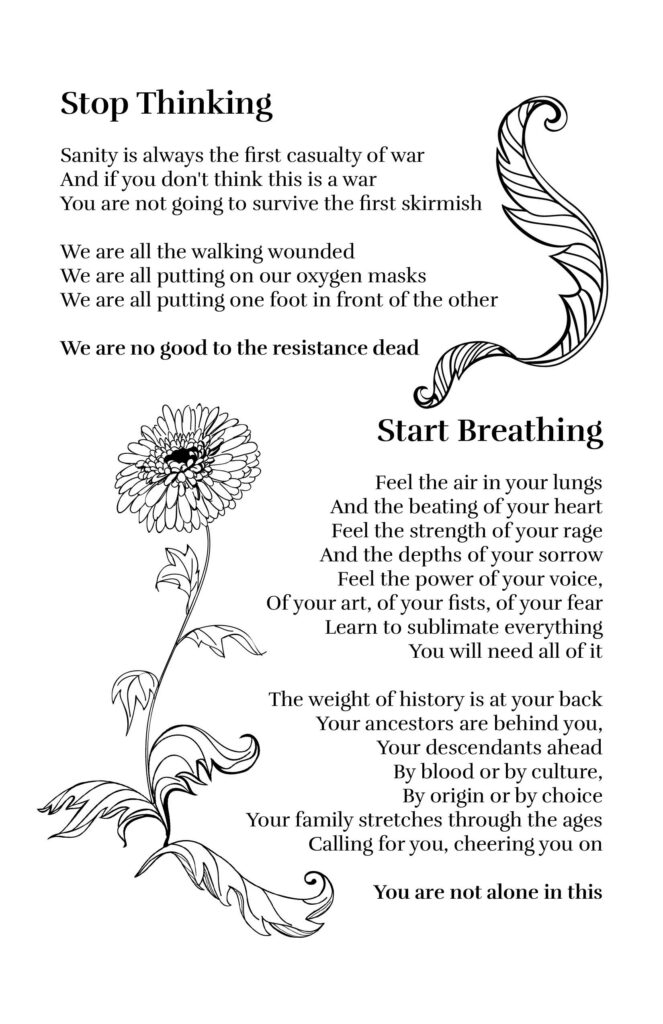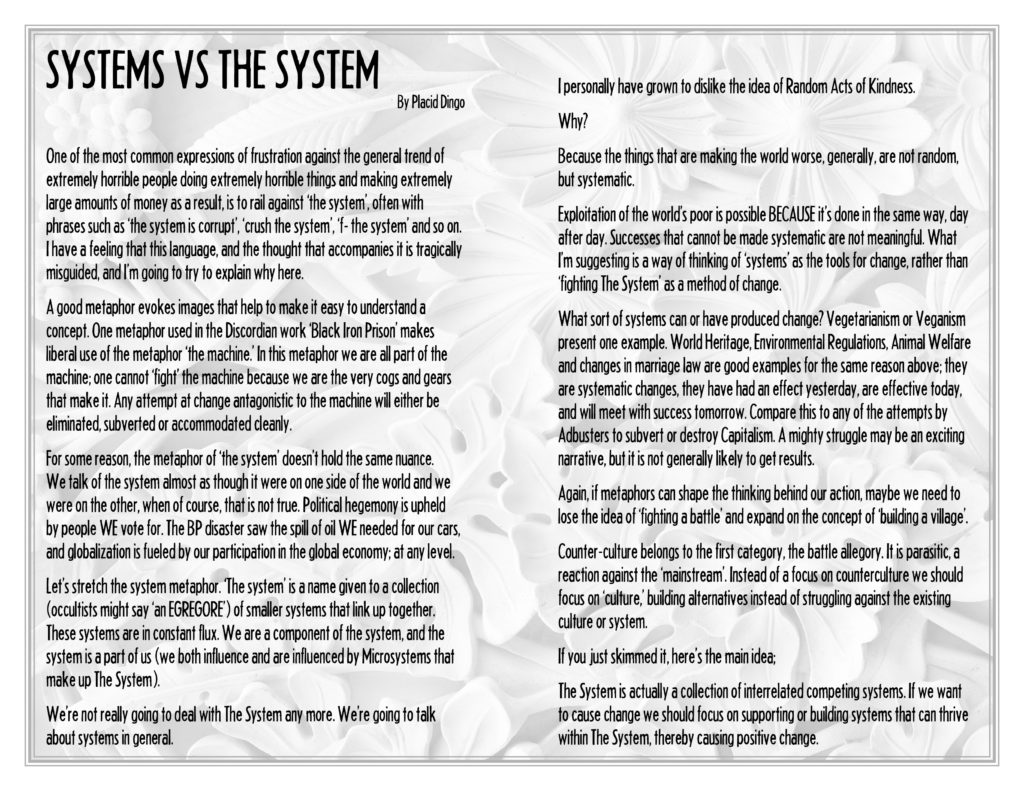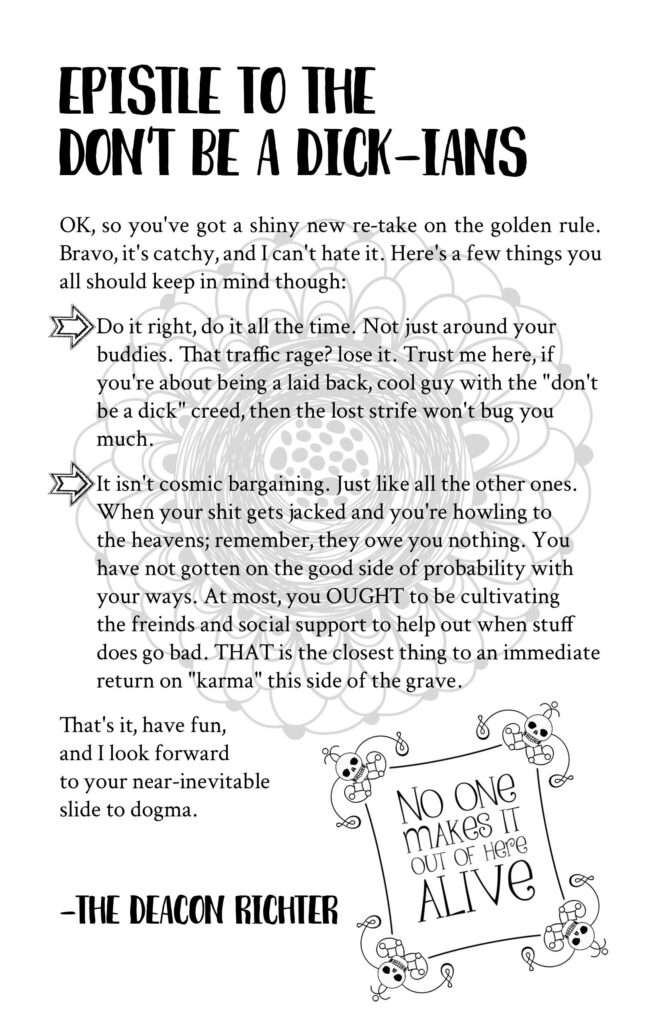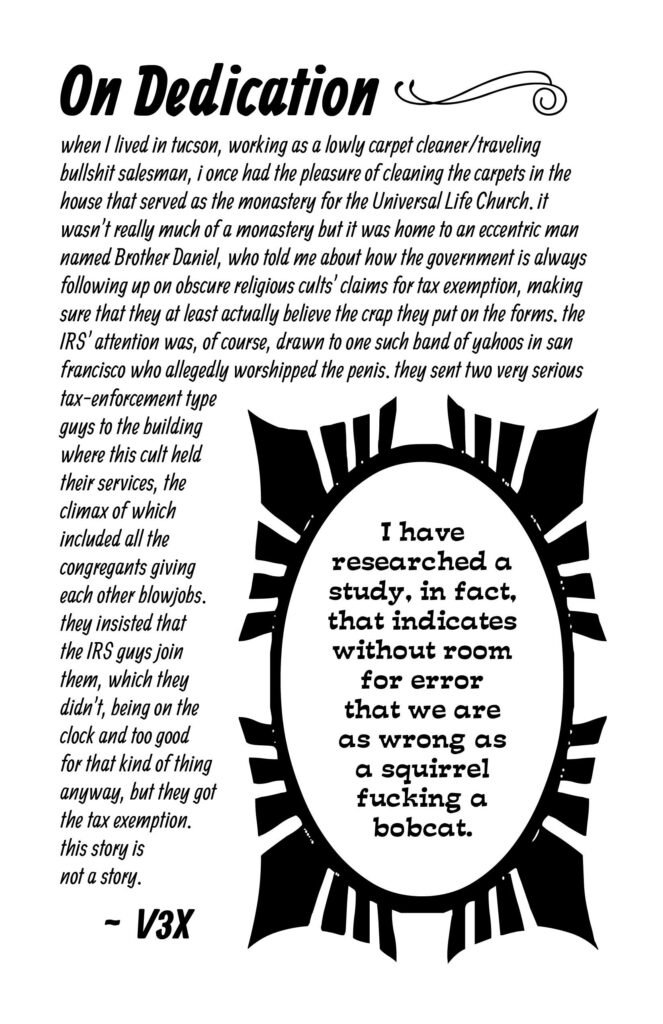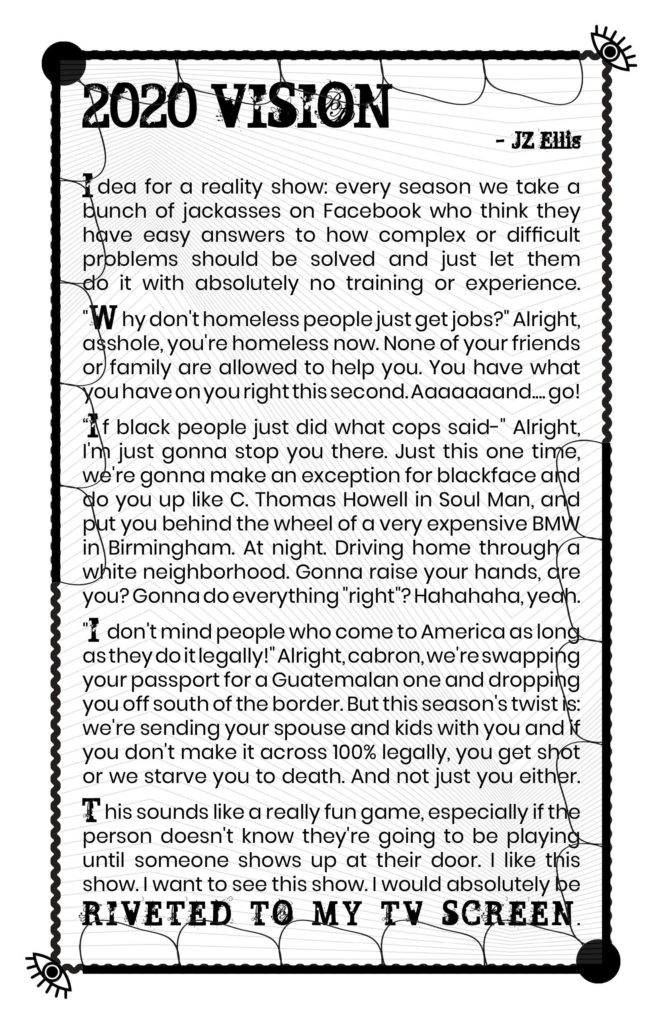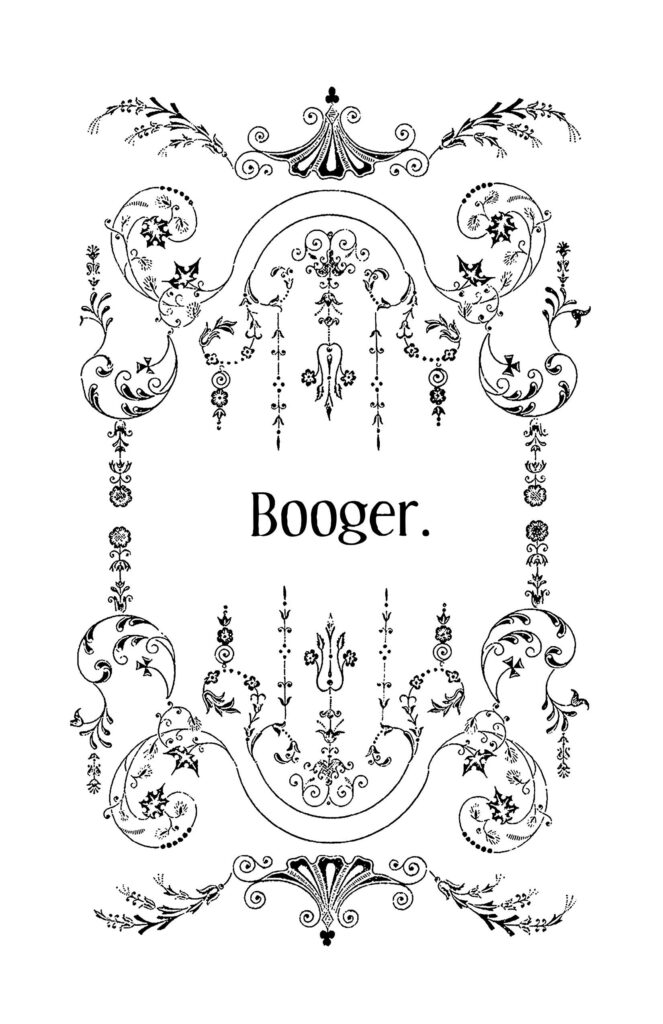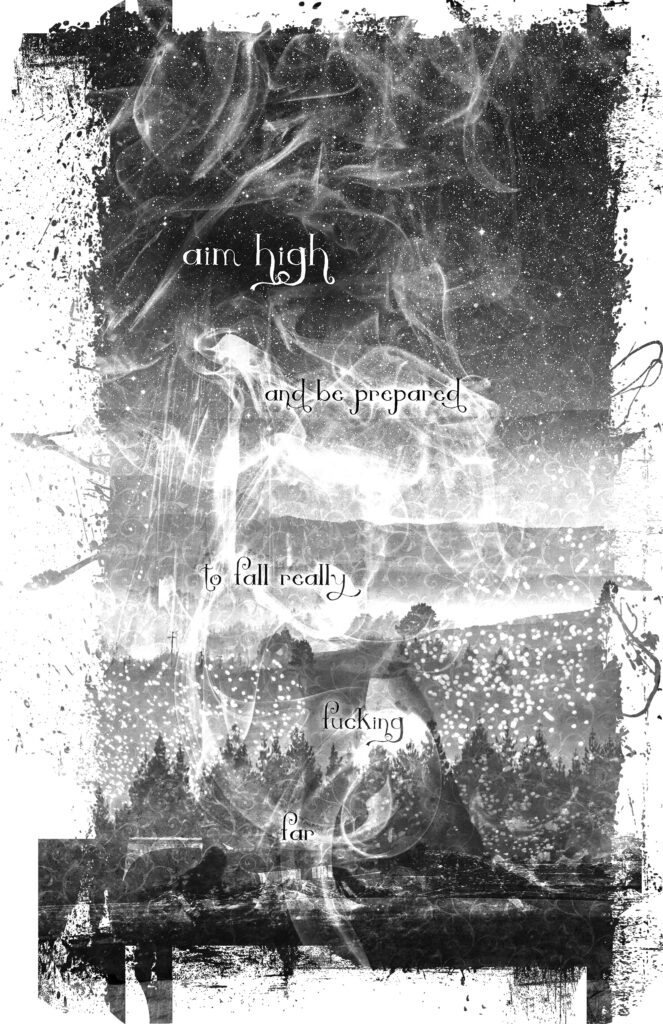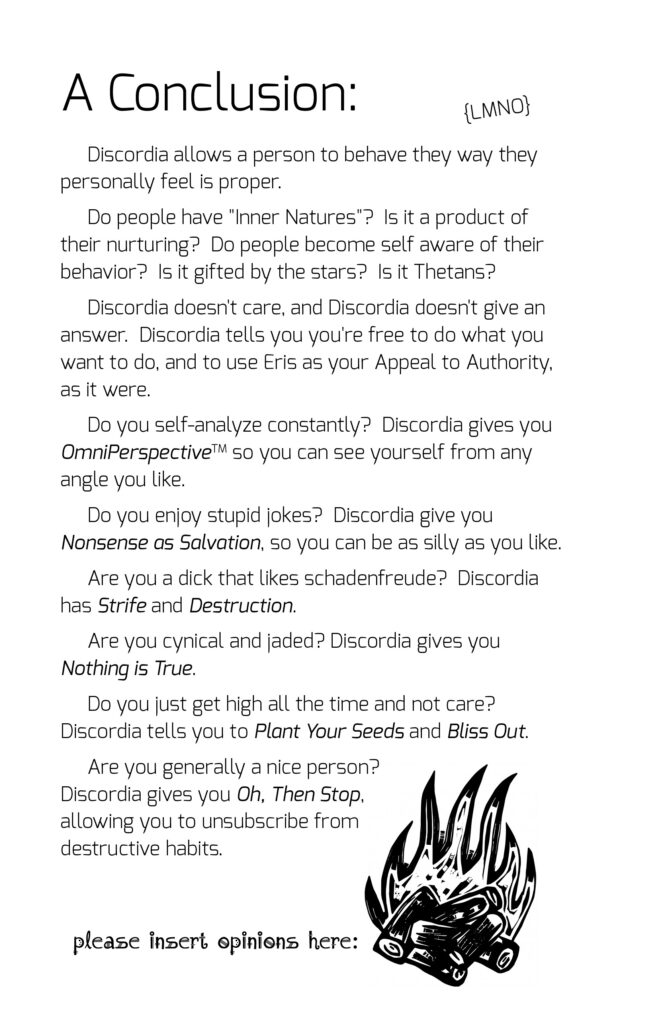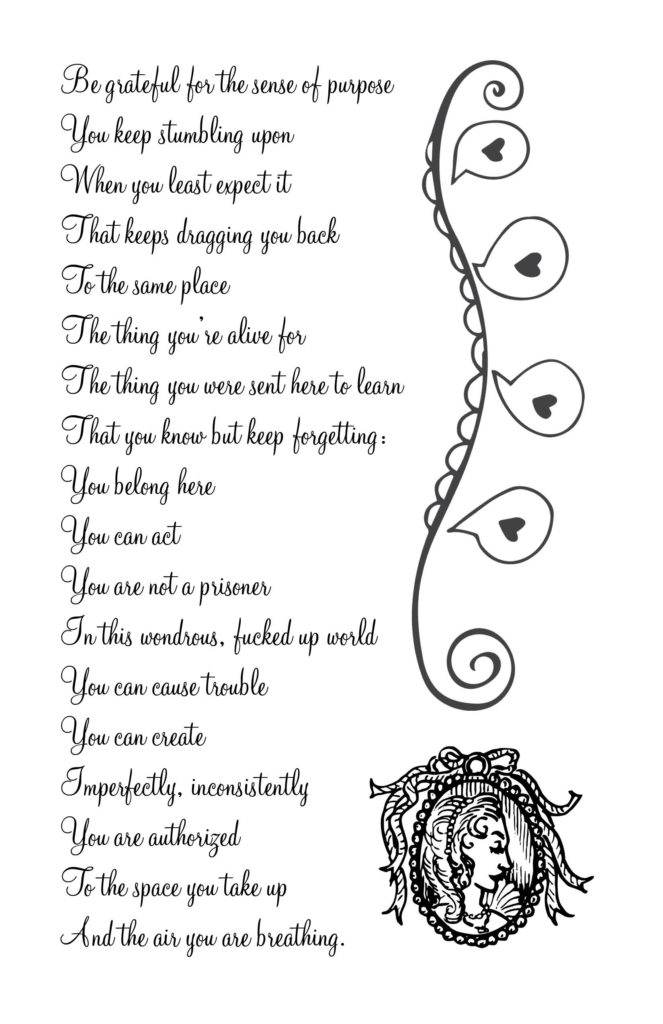Exploring Beyond Maps – IXXIE –
A more skeptical leaning with regard to model realism has long been part of Discordian Mythos, and indeed we all hear the old anecdote about Maps and Territories gets thrown around a lot (as it should be). Robert Anton Wilson – who called himself an Agnostic Mystic – probably did a great deal to promote this perspective, for example in this famous segment from Prometheus Rising:
“All experience is a muddle, until we make a model to explain it. The model can clarify the muddles, but the model is never the muddle itself. “The map is not the territory”; the menu does not taste like the meal.”
Implicitly, the metaphor of a Map elicits the idea of correspondence; the symbols on the Map are intended to correspond to objects in the Territory. This fits in with the correspondence theory of truth; a descriptive conception of models as representations of reality. Indeed – even explanatory value can be conceived as a type of causal description. I would guess the majority of scientific work is orientated around this Map conception.
This is all good and well, and this idea of the Map (the descriptive model) is very powerful and useful for navigating and clarifying the Territory. However I would doubt a person’s exploration skills if they spend more time staring at a Map than at the Territory. Nor do we as inhabitants of the Territory spend all our time navigating – we live here, work here, and play here – we use more Tools than just Maps.
What if some ideas are more like a Compass – for example the contrast between Erisian and Anerisian – are there for giving a rough orientation in the Territory? Or perhaps others still function as a Torch, illuminating (inner or outer) darkness in the territory (think of how the law of fives helps reveal our confirmation bias). Other might be MetaTools – such as the Analytical Knife that dissects Maps, or the Synthetic Duck Tape for binding them together. The list goes on….
The treatment of ideas as Tools is nothing new; in the American Pragmatic tradition a position known as Instrumentalism sought to treat scientific theory as a tool for prediction, and our kindred Chaos Magic tradition takes a similar attitude to beliefs. In my opinion this is a powerful way to treat thoughts and models, although certainly not the only valid way. However – if we are to take this attitude – I would suggest we explore beyond Maps.
Marginalia: two birds inside of a frame with decorative lace borders. The first, sitting on a bucket, says “intelligence is knowing that a tomato is a fruit. Wisdom is knowing that you shouldn’t put tomatoes in your fruit salad.” The second bird responds “A Discordian is someone who makes tomato-based fruit salads, despite knowing better.”
